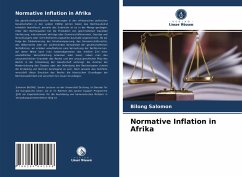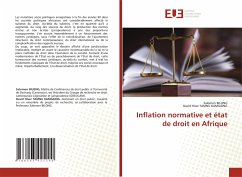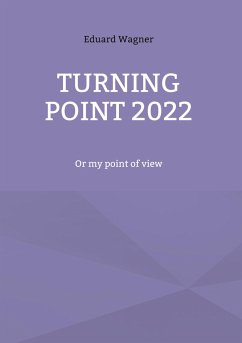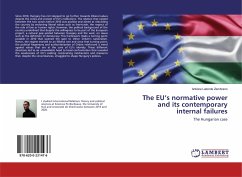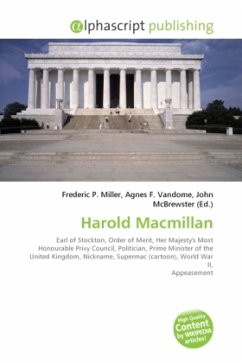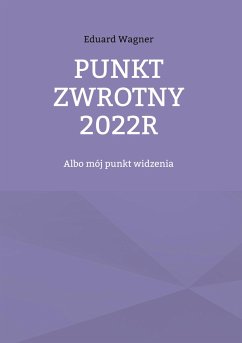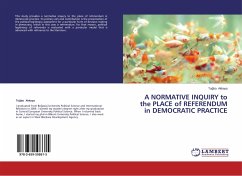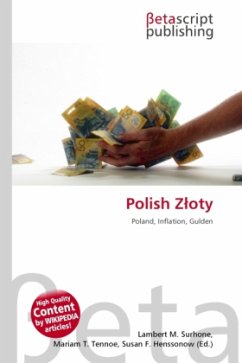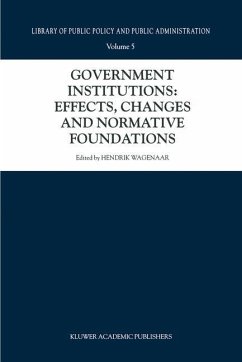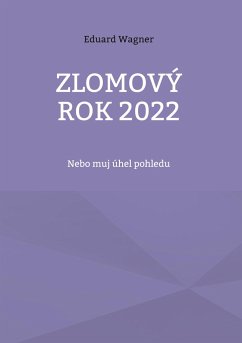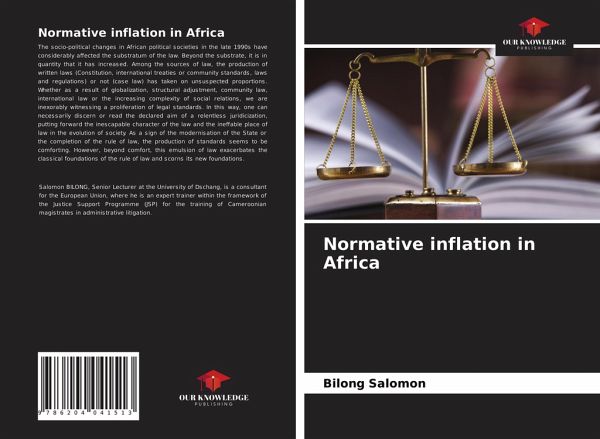
Normative inflation in Africa
Versandkostenfrei!
Versandfertig in 6-10 Tagen
27,99 €
inkl. MwSt.

PAYBACK Punkte
14 °P sammeln!
The socio-political changes in African political societies in the late 1990s have considerably affected the substratum of the law. Beyond the substrate, it is in quantity that it has increased. Among the sources of law, the production of written laws (Constitution, international treaties or community standards, laws and regulations) or not (case law) has taken on unsuspected proportions. Whether as a result of globalization, structural adjustment, community law, international law or the increasing complexity of social relations, we are inexorably witnessing a proliferation of legal standards. ...
The socio-political changes in African political societies in the late 1990s have considerably affected the substratum of the law. Beyond the substrate, it is in quantity that it has increased. Among the sources of law, the production of written laws (Constitution, international treaties or community standards, laws and regulations) or not (case law) has taken on unsuspected proportions. Whether as a result of globalization, structural adjustment, community law, international law or the increasing complexity of social relations, we are inexorably witnessing a proliferation of legal standards. In this way, one can necessarily discern or read the declared aim of a relentless juridicization, putting forward the inescapable character of the law and the ineffable place of law in the evolution of society. As a sign of the modernisation of the State or the completion of the rule of law, the production of standards seems to be comforting. However, beyond comfort, this emulsion of law exacerbates the classical foundations of the rule of law and scorns its new foundations.



